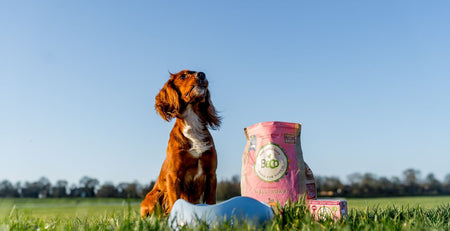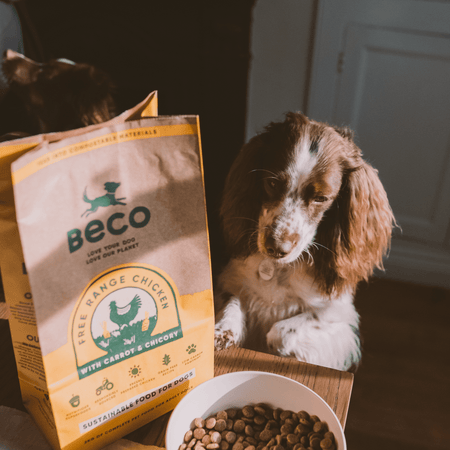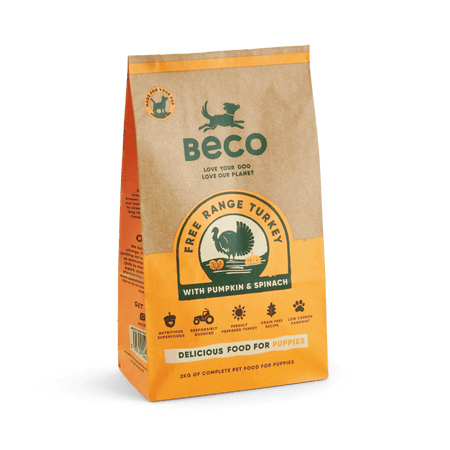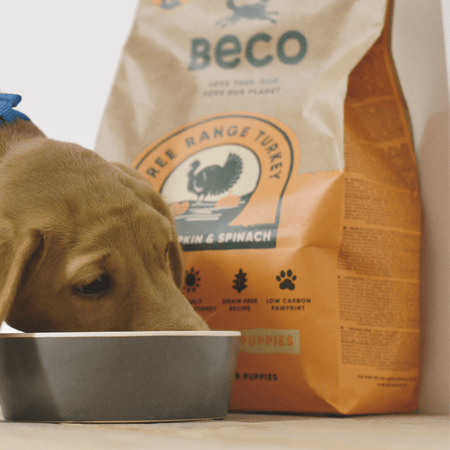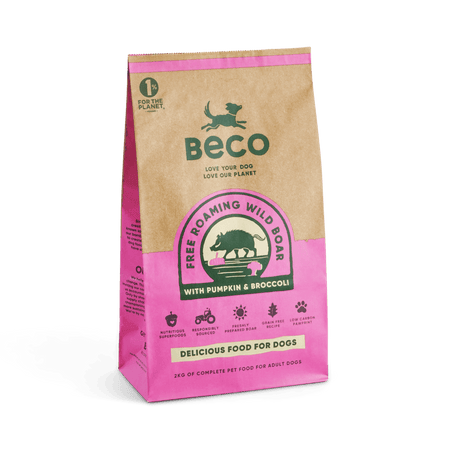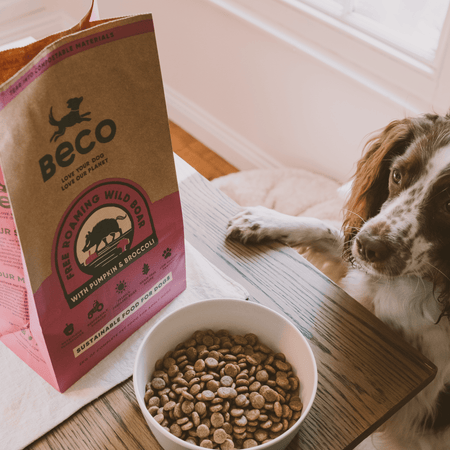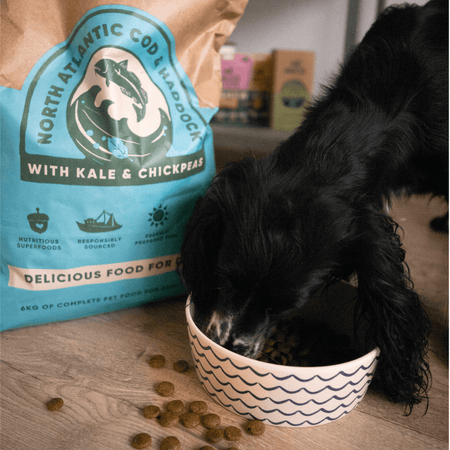Are you alarmed to find your puppy throwing up undigested food? We understand this can be distressing for you and your young fur friend but there are various reasons for this, from bacterial infections to simply eating too quickly. Don’t panic! We’re here to offer some insights and potential solutions to this common issue.
Key Summary
Puppy digestion differs from adult dogs due to higher metabolic rate, calorie intake and less efficient digestive systems.
Causes of puppy throwing up undigested food include overeating, stress, bacterial infections, dietary changes and gastrointestinal problems.
Treating puppy vomiting includes consulting a veterinarian, delaying feeding post-vomit, ensuring hydration, considering diet changes and monitoring for foreign objects.
Distinguishing between vomiting and regurgitation is vital, as the latter is a passive process happening before digestion occurs.
Regular or recurrent vomiting, even if the puppy seems normal, should be addressed by a veterinarian.
Your Puppy’s Digestion
The health of your puppy heavily depends on their digestive system. Just like in humans, the digestion process begins when your puppy eats food.
The stomach, aided by hydrochloric acid and enzymes, then starts breaking down the food into smaller particles. This partially-digested mass, known as chyme, moves into the small intestine, where nutrients are absorbed. The residue is passed into the large intestine and finally expelled as waste demonstrating how important the digestive tract is for absorbing essential nutrients.
When your puppy vomits undigested food, it can mean that the food bypassed the normal digestive process. This can occur for several reasons, like a potential obstruction in the digestive tract or bacterial infection. An astounding 70% of your dog’s immune cells reside in the digestive system, which is why it is crucial to monitor your puppy's digestive health closely.
How Does Puppy Digestion Differ from an Adult Dog’s?

Comprehending the differences between puppy and adult dog digestion is pivotal to maintaining your pet's health. Puppies, being in their growth phase, have unique nutritional requirements, demanding almost three times the caloric intake per kilogram of food than adult dogs.
This means they have a higher metabolic rate, which necessitates increased intake of protein, fat, and certain vitamins and minerals for their growth, bone development, and energy requirements.
As their digestive systems are still immature and developing, they are less efficient at breaking down and extracting nutrients from food. This, combined with their lower digestive tolerance, means that puppies are more susceptible to stomach upsets and vomiting.
Digestive disturbances can be particularly common during the first five months of a puppy's life, as their natural defences are still maturing, and they are adjusting to dietary changes.
Another crucial aspect of puppy digestion is the timing of dietary transitions. Puppies experience significant milestones where their digestive system might need additional support, for instance, weaning or transitioning to adult food can be a challenging period for them. Any transitions must be made gradually to prevent digestive upsets.
Why is my Dog Throwing Up Undigested Food?
Understanding the possible causes of your puppy throwing up undigested food is essential to addressing the issue effectively. Several factors could be at play here. Often, the explanation is simple and relatively benign but, at times, the causes might indicate a more severe underlying condition. Here are the most common causes:
1. Overeating or Rapid Eating
By far the most common cause is overeating. Puppies have small stomachs and, consequently, a limited capacity to hold food. A puppy who overeats, consumes food too quickly, or eats too fast and doesn’t chew can overwhelm their digestive system as their stomach may not be able to cope with the large volume of food, leading to vomiting. Furthermore, rapid eating can also cause the ingestion of air, leading to discomfort and regurgitation.
2. Dietary Changes
Sudden changes in a puppy's diet can upset their delicate digestive system, causing vomiting. This might happen if you've recently switched their food or introduced a new treat.
3. Stress
Puppies can also throw up due to stress or anxiety. Moving to a new home, meeting new people or pets, or changes in routine can all lead to stress in puppies.
4. Bacterial Infections
Puppies are prone to bacterial infections like Salmonella, which can disrupt their gastrointestinal tract's normal functioning, leading to symptoms like vomiting and diarrhoea.
5. Gastrointestinal Problems
Conditions like gastritis, gastroenteritis or ulcers can cause your puppy to vomit undigested food. These conditions might be a result of infection, food intolerance or ingestion of harmful substances.
6. Foreign Objects
Puppies are naturally curious and often explore the world around them by chewing or eating various objects. If they ingest a non-food object like a toy, stone or piece of cloth, it can obstruct their digestive tract, causing them to vomit the undigested food.
7. Parasites
Parasitic infestations like roundworms, hookworms or giardia can also disrupt the digestive process, leading to vomiting. Regular deworming and faecal exams can help prevent these infestations.
8. Food Intolerances or Allergies
Some puppies might be intolerant or allergic to certain food ingredients, causing them to be sick after eating.
How to Treat Your Puppy if They Throw Up Undigested Food
The sight of your beloved puppy vomiting undigested food can be quite distressing. If your puppy is frequently throwing up undigested food, it's crucial to take the appropriate steps to ensure they recover quickly and prevent further episodes. Here are the steps you can take if your puppy is vomiting undigested food:
Consult a Veterinarian
Your first course of action should always be to consult a veterinarian, especially if your puppy seems distressed, is throwing up repeatedly or shows other concerning symptoms such as diarrhoea, lethargy or loss of appetite. A professional can guide you on whether your puppy needs medical treatment or if the issue can be managed with home remedies.
Pause Feeding
After your puppy vomits, it's recommended not to feed them immediately. Even if your puppy appears hungry, it's essential to give their stomach some time to settle. Feeding them too soon could potentially trigger another bout of vomiting.
Hydration is Key
Keeping your puppy hydrated is crucial, especially if they've had multiple episodes of vomiting. However, avoid giving them large amounts of water immediately after vomiting, as this might induce another vomiting episode. Instead, provide small sips of water or ice cubes to lick to keep them hydrated without upsetting their stomach.
Monitor their Behaviour
Keep a close eye on your puppy’s behaviour after they vomit. If they appear lethargic, continue to vomit, or show any other signs of distress, contact your veterinarian immediately. These could be signs of a more severe condition that requires urgent medical attention.
Consider Diet Changes
If your puppy frequently vomits undigested food, it might be worth considering a change in their diet. A recent study showed a correlation between high carbohydrate diets and gastrointestinal issues in dogs.
Switching to a grain-free diet, which typically contains fewer processed foods and higher meat content, might improve digestion. Always consult your vet before making significant dietary changes, and transition to the new food gradually to prevent digestive upset.
Monitor for Foreign Objects
Puppies are curious and tend to chew on anything and everything they find. If your puppy is vomiting undigested food along with pieces of toys, clothing or other non-food items, they might have ingested a foreign object.
This could potentially cause an obstruction in their digestive tract, which is a medical emergency. If you’re looking for potential home remedies for vomiting dogs, then take a look at this video from Dogs Naturally Magazine.

What’s the Difference Between Puppy Vomiting and Regurgitation?
On occasion, your puppy may have regurgitated food and it’s important to be able to differentiate between this and vomiting as these are two different processes that can lead to a puppy bringing up undigested food.
Regurgitation
Regurgitation refers to the passive expulsion of food that has not yet reached the stomach for digestion. When your puppy regurgitates food, the food comes back up from the oesophagus (the tube that connects the mouth to the stomach) without any abdominal effort or nausea.
The process of regurgitation is often influenced by factors such as the esophageal muscles and gravity, but your puppy doesn't actively "throw up" the food. It may occur shortly after eating and is generally effortless.
𝐢 Food that is regurgitated is typically undigested and may have a tubular shape due to being in the oesophagus.
Vomiting
Contrarily, vomiting is a more active process that involves the forceful ejection of stomach or upper intestinal contents. This process engages the abdominal muscles and typically follows a feeling of nausea therefore, if your puppy vomits, you will notice that the food or substance is partially digested and may be mixed with yellow bile.
When Should I Be Concerned About My Puppy Vomiting?
If your puppy vomits once but does not continue to expel food, observe them for a few hours. If no further vomiting occurs and they seem fine, it was likely an isolated incident. If the vomiting continues, or if other symptoms such as lethargy, diarrhoea, or weight loss accompany the vomiting, it's time to consult the vet.
In cases where your puppy has consumed a foreign object, immediate veterinary attention is required to prevent possible obstructions in the gastrointestinal tract, which could necessitate emergency surgery.
Frequently Asked Questions (FAQs)
Is it Normal for Puppies to Throw Up Undigested Food?
Occasional vomiting can be common in puppies due to dietary changes or eating too quickly, however, frequent vomiting or other symptoms accompanying vomiting should be addressed by a vet.
Why is My Puppy Throwing Up Undigested Food 2 Hours After Eating?
Your puppy vomiting undigested food hours after eating is likely to be due to overeating, eating too quickly, or dietary changes. If it becomes a regular occurrence, consult with your vet to rule out a health condition.
Why is My Puppy Throwing Up But Acting Normal?
Puppies may act normal even after vomiting due to their high energy levels, however, regular or recurrent vomiting, even with normal behaviour, should be checked.
Conclusion
Understanding why your puppy is throwing up undigested food can alleviate your worries and help you take appropriate actions.
From adjusting their diet to ensuring they aren't eating too quickly, many factors can contribute to this issue. Remember, always consult a vet when in doubt to ensure your puppy's health and wellbeing.
For a range of grain-free puppy food that is suitable for sensitive stomachs and more, head to our dog food page.
